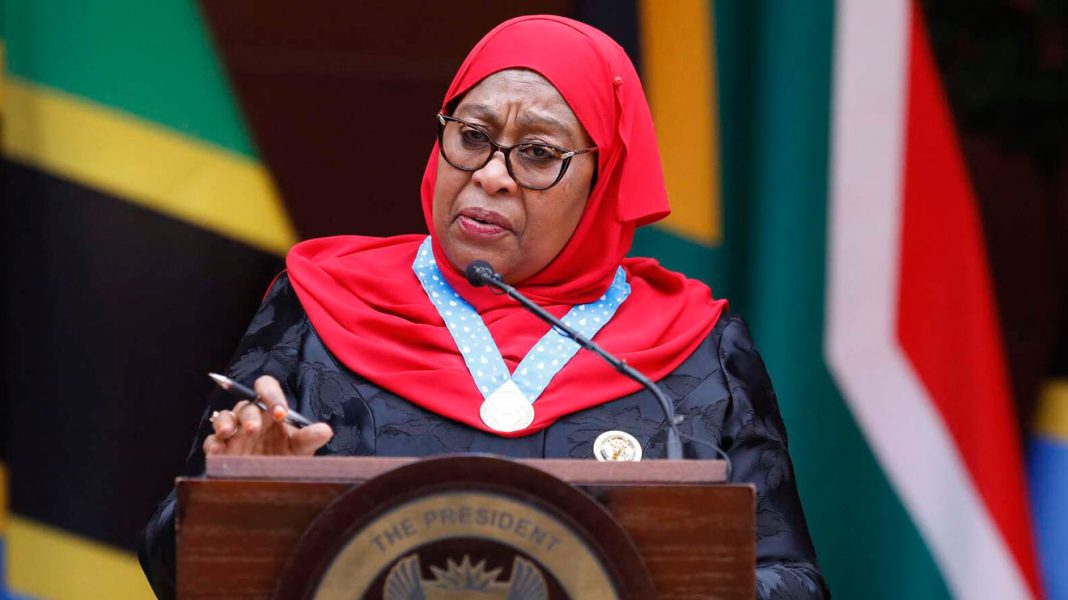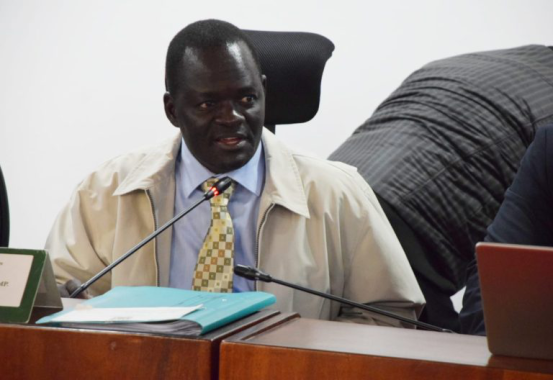Tanzania has blocked access to X (formerly Twitter), arguing that the platform promotes explicit content that violates national laws and cultural values. Minister of Information, Communication, and Information Technology Jerry Silaa announced the ban, stating, “X allows sexually explicit material, including same-sex pornography. That content is against our online ethics and has no place in our society.”
Officials insist the move protects citizens, especially young people, from inappropriate material. Silaa added, “Even on YouTube, you might notice that some content is inaccessible. That’s part of our consumer protection efforts.”
However, the decision has sparked controversy. Digital rights advocates argue that this fits a pattern of online suppression, particularly ahead of national elections. The Legal and Human Rights Centre (LHRC) criticized the timing, saying, “This move fits a troubling pattern of digital repression.”
Similar restrictions occurred before the 2020 elections. Other platforms, including Clubhouse and Telegram, now face accessibility issues. Many Tanzanians resort to Virtual Private Networks (VPNs) to stay connected. LHRC questioned the government’s consistency: “Government accounts are still active on X while ordinary citizens can’t access it without VPNs. That inconsistency confuses the public and undermines trust.”
Meanwhile, cyberattacks have intensified. On May 20, hackers infiltrated Tanzania’s national police X account, spreading false claims, including one about President Samia Suluhu Hassan’s death. The tax authority’s YouTube channel was also compromised. Officials cite these breaches to justify tighter control over online spaces.
Tanzania’s decision sets a precedent for digital governance in the region. The government defends the ban as necessary for protecting cultural norms, while critics warn that it threatens free speech and limits access to information.







[3473]Juan365PH: The Philippines’ Top-Rated Online Casino for Best Slots, Sports Betting, and Easy GCash Login. Experience Juan365PH, the Philippines’ top-rated online casino. Play the best online slots, sports betting, and live casino games with a fast Juan365PH GCash casino login. Join the Philippines top rated gambling platform Juan365PH today for an unparalleled gaming experience! visit: juan365ph
Để đảm bảo an toàn tối đa cho giao dịch, 888slot áp dụng công nghệ mã hóa SSL 256-bit cùng hệ thống xác thực hai lớp (2FA) tùy chọn. Mỗi giao dịch đều được ghi nhận với mã tham chiếu duy nhất, giúp dễ dàng theo dõi và giải quyết vấn đề nếu có. TONY01-06H
paypal casinos online that accept
References:
https://cyprusjobs.com.cy/companies/sites-that-accept-paypal-2025/
best online casino usa paypal
References:
http://www.kondograpla.site
Log in with your existing account and start exploring some of the most popular experiences from the Roblox community today, including Grow a
Garden, Adopt Me! And even more are being made every day,
all from a growing community of creators around the world.Already have a Roblox account?
These updates include bug fixes and improvements for speed and reliability.
References:
https://blackcoin.co/wd40-casino-in-australia-real-money-play-and-win/
The support services are also multilingual, which helps to break down language barriers and provide tailored
help to players from around the world, reinforcing the casino’s commitment to customer satisfaction and support.
Yes, the casino has a loyalty program called Vantage Rewards, where players can earn points to
redeem for various benefits. The Townsville Casino mobile app is designed to provide gamers with the flexibility to play their favorite games anytime, anywhere.
Casino Townsville harnesses cutting-edge software technologies to deliver a premier gaming experience.
This robust licensing not only reinforces the casino’s commitment to compliance but also assures patrons of its legitimacy and reliability as a
gambling venue. Licensed by world-renowned authorities such as
the Malta Gaming Authority and the UK Gambling Commission, the casino upholds international gambling laws and meets high standards of
player protection and game integrity.
With the bright lights of Tokyo as our muse, we’ve created a
lively take on casual Japanese dining that packs a punch.
Reservations for groups of 1 to 11 guests can be made online.
Surrender your senses to Asian fine dining with a modern, tropical Queensland twist.
Like all casinos in Australia, entry to The Ville Casino is restricted to people aged 18 years and over.
Alternatively, Casino gaming rules can be found online.
References:
https://blackcoin.co/slotimo-casino/
Das Diceroulette bietet eine einzigartige Variation des
klassischen Roulettespiels und bringt zusätzliche Vielfalt
in Ihr Casinoerlebnis. In einem ehemaligen Fabrikgebäude beherbergt die Klassikstadt
eine Sammlung klassischer Automobile und bietet gleichzeitig vielseitige Eventräume.
Ob du ein paar Runden an modernen Spielautomaten drehen willst
oder lieber klassisches Casino-Feeling suchst – Frankfurt bietet dir beides.
Was Sie in Frankfurt finden, sind zahlreiche Spielhallen –
auch bekannt als Automatencasinos. In den Spielotheken kannst du Automatenspiele wie Book of Ra, Joker’s Cap, Sizzling Hot
oder Triple Chance an Multi-Game Spielautomaten von Herstellern wie Merkur, Bally Wulff und
Novoline spielen. Unter die Rubrik Spielhalle Frankfurt fallen weit über 250 Atomatencasinos, die über
das gesamte Stadtgebiet verteilt sind.
Ob Automaten in der Innenstadt oder klassisches Casino-Feeling
in Bad Homburg oder Wiesbaden – Frankfurt bietet für jeden Spielertyp das Richtige.
Erkunden Sie diese relevanten Quellen, um Ihr Wissen über Welche Spielcasinos gibt es in Frankfurt und was bieten sie?
So ist die Spielbank Mainz nicht weit entfernt und bietet noch mehr Spielautomaten als das Casino Wiesbaden. Unsere „mobiles Casino-Event oder Casino Night“ kann man buchen /
mieten in den Städten Frankfurt am Main – Darmstadt – Mainz – Wiesbaden – Mannheim –Aschaffenburg
und in allen umliegenden Orten.
References:
https://online-spielhallen.de/alles-zur-plinko-casino-auszahlung-ein-umfassender-guide/
l711i9
jff13p
zf7575